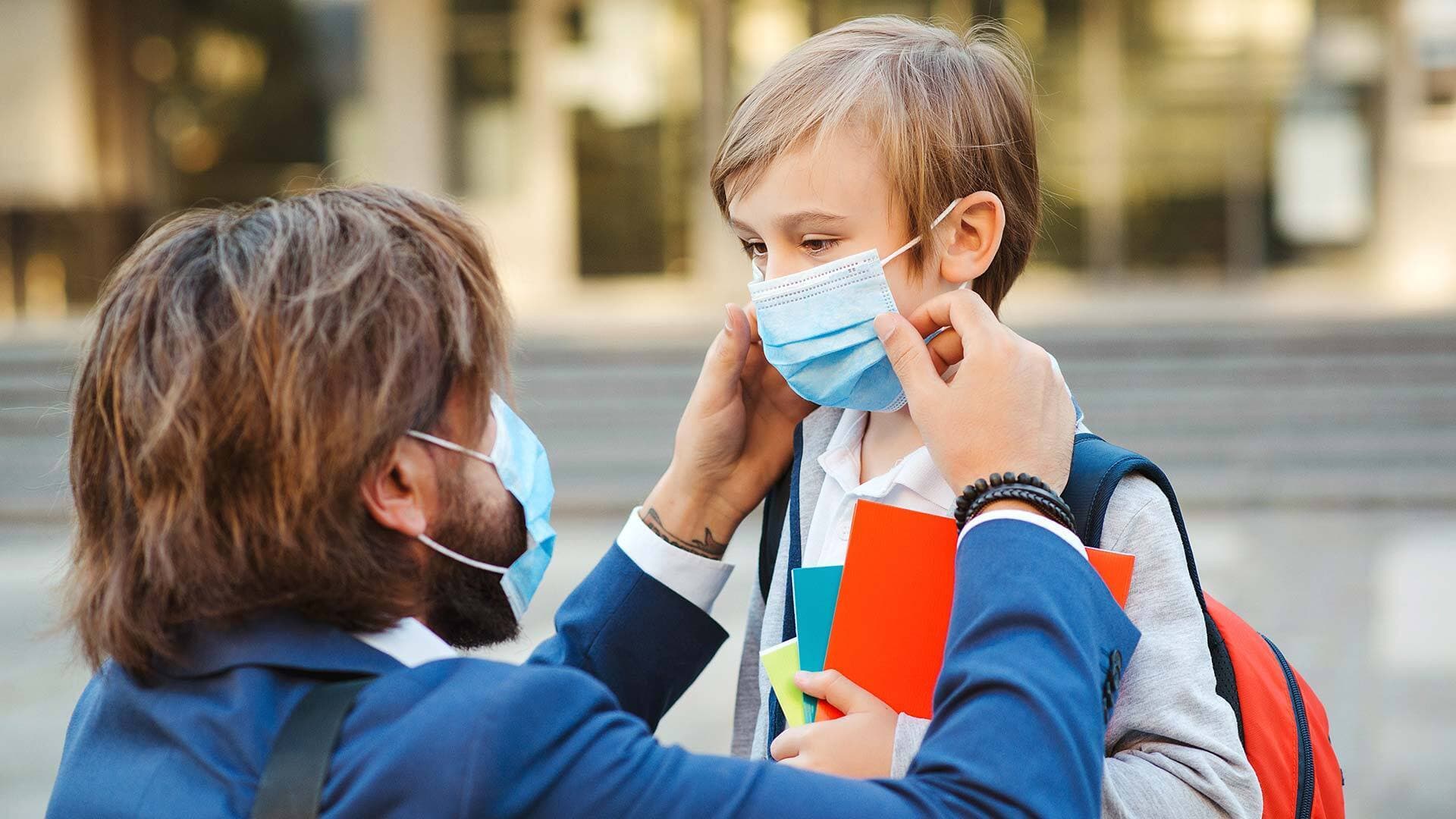University of Maryland researchers have partnered with a manufacturer of federally approved N95 respirators to explore the development of masks for children and identify parameters that could one day help shape pediatric mask standards.
Engineering faculty and staff in the Robert E. Fischell Institute for Biomedical Devices are working with Aegle, a Texas-based personal protective equipment (PPE) company that aims to develop a five-layer children’s ear loop-style face covering to protect against transmission of the COVID-19 virus and other airborne hazards including pollution from wildfires.
The Fischell Institute’s engineers are using state-of-the-art equipment to assess the performance of airway PPE when exposed to aerosolized particles and capture data related to the diverse facial anatomy of children. Another partner in the effort, Children’s National Hospital in Washington, D.C., will conduct clinical trials to verify the fit and effectiveness of PPE for children.
“Together, we aim to validate the performance of children’s masks in a way that is similar to the N95 used for adults,” said Fischell Institute Director William E. Bentley. “We are tremendously proud to be a part of this collaborative effort to address a public health challenge affecting one of the populations most vulnerable to communicable diseases.”
The current lack of U.S. standards for pediatric respirator masks has allowed for the manufacture and marketing of products that do not provide the protection that children may need.
“Aegle is fully committed to protecting children, and those they interact with, by creating this five-layer face covering fitted for smaller faces. We are partnering with these two cutting-edge institutions so we can move towards a standard that parents can trust,” Aegle CEO Andy Moy said in a press release.
Fischell Institute engineers use an advanced filter tester that generates aerosols of salt crystals to verify performance of respirator masks. The testing equipment flows aerosol-laden air through the respirator at a controlled rate while a highly sensitive light sensor measures how many particles get past the respirator. The results determine filtration efficacy and subsequent protection from COVID-19 or other airborne viruses or contaminants.
The Fischell Institute and Children’s National Hospital are working together on these and other pediatric efforts as lead partners in the National Capital Consortium for Pediatric Device Innovation. It is one of five U.S. Food and Drug Administration-funded nonprofit pediatric device consortia focused on facilitating the development, production and distribution of pediatric medical devices.

